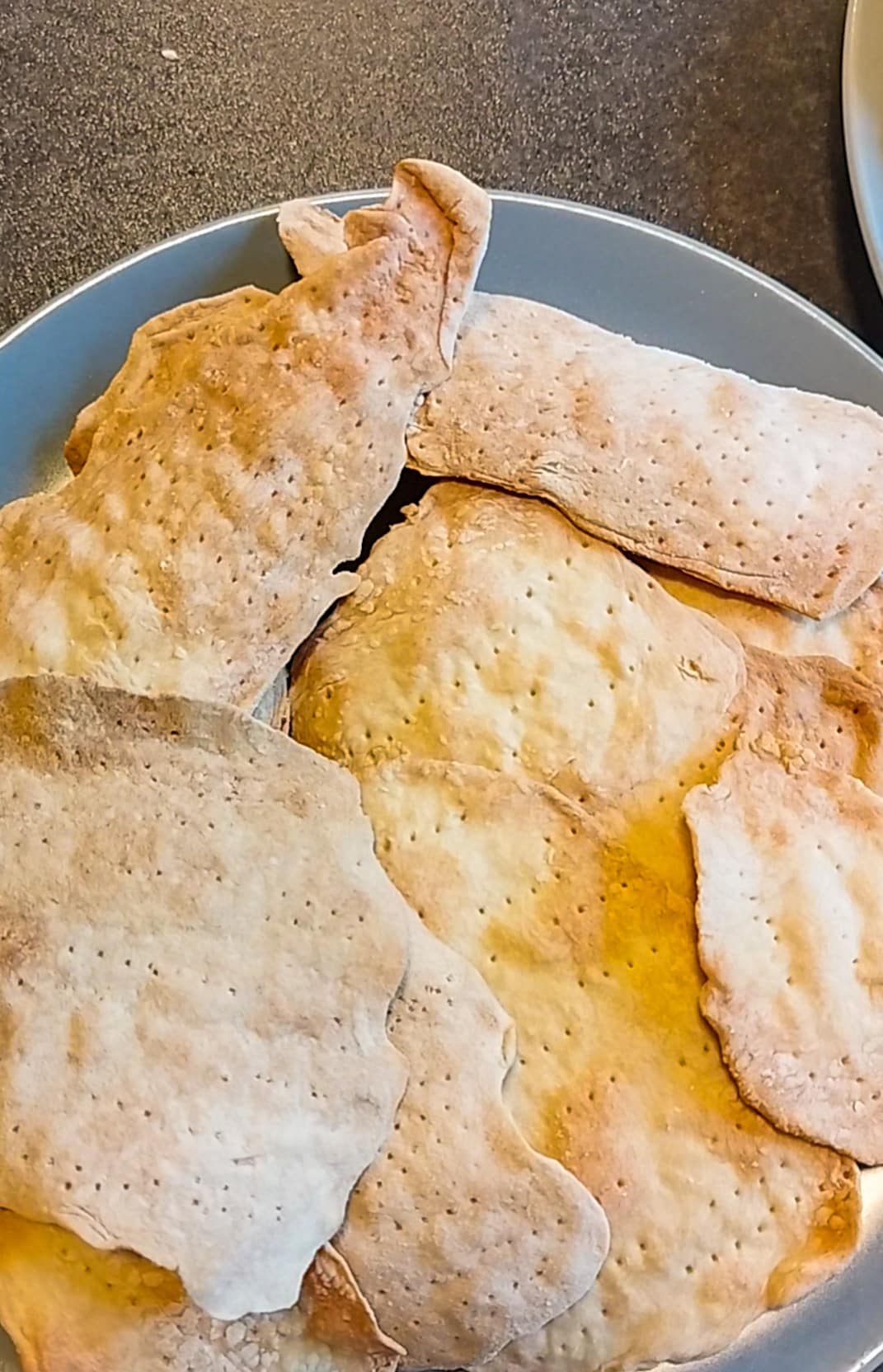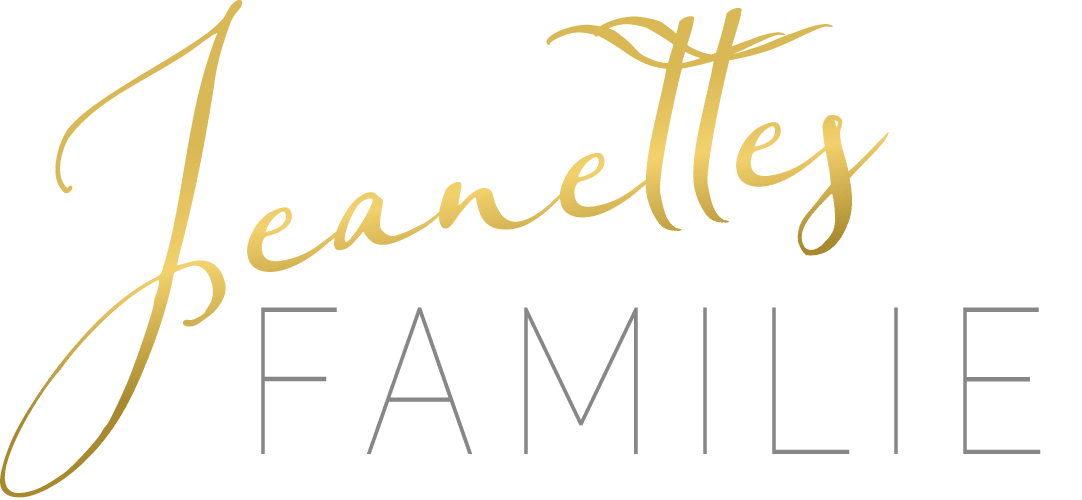
Why unleavened bread?
Why unleavened bread?
Fasting and new habits

I will start with an example of my own life experience and then come to the point of the why unleavened bread
In the beginning of my pregnancy I experience a very intense time of fasting, the first week of fasting is the roughest, the transition from eating to not eating is very hard and the reaction I feel in my body is strong, because of all the hunger and cravings my body is crying out for. My body is used to a certain way of functioning and craving for food it is used to.
Then after some weeks it gets easier for the body to adjust with no food, but of course, because it is a pregnancy and not a fasting, the throwing up, does not make it easy, cause the body is tired and sickness is just not pleasant.
During the fasting my face got all dry, and red with pimples I did not look very healthy.
Also my body was adjusting to the hormones and the changes happening, all the while God was forming and creating a new life in me!
It can take time to adjust and the trip is also filed with a lot of self-denial. Cause when you get a little one, there are things you sacrifice and surrender, but the joy of new life is such an honor and reward, such a joy of being a part of Gods new life.
After about 2 month the headaches and throwing up has finally stopped, I could begin to fill my body with more food again.
Now what I have noticed is that the little food I could actually eat during the 2 months of throwing up was food likes egg yolks, soup, meat, fish, in general healthy food. The same when I start to eat again, my body is craving for healthy food, and sweets are to sweet to eat and not wanted. But I still have a memory of how good sweets were so somehow it is easy to fall back.
So after fasting, the amount of sucker that I used to eat has been reduced greatly, before the pregnancy my body would crave chocolate or food containing sugar, my body would remind me daily of how much I needed it!
I tried to keep up with the new healthy lifestyle, and surprised at how difficult it actually is to get ones mind to buy, prepare or come up with healthy solutions.
Being hungry, I would often turn to easy solutions and so the body would again start to crave the old lifestyle.
It was hard not to eat the delicious sweet food I saw being eaten around me and it was a constant choice and battle in me, cause what could a little “leaven” sugar hurt, And having to learn to eat other things instead was a new habit that had to be formed.
So why then unleavened bread?
Now comes the point and connection with the days of unleavened bread.
Unleavened bread in Hebrew is called Matzah and has a funny meaning of greedily devouring for sweetness, the rootword means to suck, to drain out or draw out with pleasure. So those things which are sweet and pleasent to taste are often sucked.
Lets connect this even more with the exodus story; on the 14th of Nisan the lamb Is slaughtered and eaten with unleavened bread and bitter herbs, on the 15th of Nisan they got out of Egypt and the days of unleavened bread starts and to be held for 7 days.
Seven days you shall eat unleavened bread (matzah), the bread of affliction, for you came out of the land of Egypt in haste, that all the days of your life you may remember the day when you came out of the land of Egypt ( Deut 16:3 )
The commandment to “remove all leaven from our dwellings” (Exod. 12:5, 13:7, Deut. 16:4). removing all traces of chametz (leaven) from the homes. Leaven (yeast) produces fermentation, especially in bread dough, and is the result of natural processes of decay.
So what’s the problem with leaven?
It is a symbol of death and decay. The “rise of dough” is only possible by means of the natural processes of decay. In other words, were it not for the curse of death, the Fall of Adam and Eve, there could be no leavened bread, just think about that for a moment, in Gods world there is no process of decay or death. When the leaven is removed from our homes it is a picture of sanctifying ourselves by removing corrupting influences from our lives, the evil impulse within us.
But what is the connection with Jesus? First, unleavened bread is a picture of His holiness, purity and sinlessness. His life and sacrifice was “unleavened” without the taint of the curse of death, and therefore he was considered “a lamb without spot or blemish” for the ultimate Passover sacrifice (1 Pet. 1:19).
After He was buried, Jesus did not suffer the natural process of corruption, His body did not return to dust, the very curse given to Adam and Eve (Gen. 3:19; Psalm 16:10). As the Second Adam, Jesus death “killed the power of death” by putting away sin through the sacrifice of himself (Heb. 9:26)
Things on this earth has an expiration date. Therefore it is not eternal, that’s why God wants us to gather treasures in heaven and live for the eternal one Jesus. Earthly things will pass away, but the heavenly realities are eternal.
Paul’s says: That followers of Messiah should “purge out the old leaven” (1 Cor. 5:7-8) means that we are to live in purity and separation from the corrupting influence of sin in our lives. Since we are made “unleavened” (pure) by the sacrifice of Jesus, our lives should reflect holiness and devotion to the LORD. We must strive to “lay aside every weight, and the sin which so easily beset us” in order to be unhindered in our walk with God.

Jesus vs the Israelites creation in the wilderness
Now in connection with my story and the wandering out of Egypt.
I connect it like this:
The Israelites were used to being slaves with a slave mentality, they were slaves under pharaoh and his world system, they were used a a certain way of living and thinking, when God freed them from death through the Lambs blood, and then in all haste had to leave Egypt on the 15th, they went on a trip that would take them through the waters ( Baptism) and into the wilderness, where they were for 40 years.
The wilderness was also the place that Jesus was lead to by the Holy Spirit right after being baptized, and there he fasted for 40 days. The Israelites also right after going through the waters and going into the wilderness experienced a fasting, they first had no water, then no food, they immediately complained and wanted to go back to Egypt.
So lets compare:
Nr 1 :
Israelites go into the wilderness
Jesus goes into the wilderness
Nr 2.
Israelites are tempted and testet
Jesus was tempted and tested
Nr 3.
Israelites complain and craves for the things of Egypt
Jesus quotes the word of God: Man shall not live of bread alone, but of every word coming from the mouth of God. Deut 5:13;
Nr 4.
Israelittes does not trust God
Jesus puts his trust in God
God gets angry at the Israelites but shows grace, time and time again hoping that they will pass the test in the wilderness, so that they can become the people of God, a new nation and priests, a new kind of people that will put there attention and trust in him, there is a big blessing ahead, the promised land. God is not wanting them to fail, but he calls them a stubborn and stiff necked people, who needs a new heart.
God knows their hearts and that the old way of living has to go before they can start living as his people. Their old habits = (leaven ) has to be purged out, removed so that they can become a new lump of bread.
It is a trip of fasting from the old way of living. A cleansing out – Jesus on the other hand passed the test and in the 40 days he showed us an example and passed the test for us. Jesus trusts God! And nothing on this earth is a bigger craving for him, then doing his fathers will.
Think about my story of fasting and the sugar cravings, it is a new way of living, a new mindset that is formed, new cravings, new habits that are formed when we are rescued with the blood of Christ ( becoming a Christian ) then the wilderness journey begins, going for the promised land.
The old life is buried in the water, we are now a new Creation! Lets not crave after the old things ( The life in Egypt )

Unleavened bread is also called the "bread of affliction”
"bread of humiliation" or "bread of humility"
Does this mean that we are supposed to afflict ourselves in repentance? No, partaking of this bread means humbly identifying with the sufferings and afflictions that Jesus performed on our behalf. As the prophet Isaiah wrote about the Messiah, our Suffering Servant: Is 53
“Surely he has taken up our sicknesses and has carried our sorrowful pains; yet we regarded him as stricken, beaten by God and afflicted. But he was pierced for our transgressions; he was crushed for our perversions; upon him was the correction that brought our peace, and by his blows we are healed.
Trusting in the afflictions that Jesus endured on our behalf. Just as we are saved by God’s grace through faith, so are we sanctified. Sanctification is a work of the Holy Spirit in our lives, the fruits of the Spirit, not self effort, as miraculous as regeneration itself (1 Cor. 6:11). We do not earn merit before the LORD through performing “good deeds” (Titus 3:5-6), but rather by humbling ourselves and trusting in the Messiah for righteousness (John 6:28-29).
Unleavened bread, then, signifies our identification with the Lord in his humility and afflictions, but it does not mean attempting to effect our own sanctity by means of self-styled affliction. We are sanctified by God’s grace, not by outward shows of religion. Remember that all the “oughts” commands of the New Covenant are directed to the truth of who you are “in the Messiah,” that is, by His connection to you, and not to your former life and identity as a slave in Egypt.
Unlike leavened bread that relies on an “outside” agency (yeast), unleavened bread is simple and pure: just add flour and water, mix and bake.
In ancient times, the leavening process usually involved adding some soured dough to the mix, but unleavened bread has no “history” that is brought into its creation. It’s therefore a “new lump,” not using material from the past…. It is free, in other words, from the effects of the curse of previous decay. Leavening therefore represents our connection with our past lives. Another way to say this is that unleavened bread represents a break with the past brought about through a lack of previous labor or human design.
After all, it was God’s work that delivered the ancient Israelites, just as it was God’s work that saves us from our sins. Eating unleavened bread, the “bread of affliction” is really to eat the bread of His affliction – and therefore testifies to our own powerlessness to effect righteousness. It is eaten “in haste” – not the result of human works or planning. It is a commemoration; that salvation is of the LORD – rather than a work of our own.
The idea that we can merit our own righteousness before God, that we are self-sufficient and do not need a Savior is something Jesus regarded as a form of “spiritual leaven.” It is only when the ego is deflated (“unleavened”) that we are able to discern the truth of our inward condition.
Fasting in the wilderness is about getting our ego out, the things that are not from God, the leaven of this world. Becoming a new creation and living as the image God created us to be in Him. Living by his wisdom. Being a branch sucking life from him, trusting in God.
Jesus warned us about the "leaven”
Beware of the leaven of the Pharisees, which is hypocrisy (Luke 12:1)
Hypocrisy is a state of being “double minded, and insincere. Hypocrisy is a form of self-deception. It is prejudice dressed up as religion; it is counterfeit thinking that cheats the truth; it despises others who are different.
The “leaven of the Pharisees” is like old sourdough added to the community, it puffs up and is based on human pride. The way of Jesus was radical, far too radical for the religious people of His day. In His time, as in our own, the call to walk in sincerity and truth, to see beyond common distinctions by loving others, to regard the status of women, children, and the oppressed, to abide in the love and grace of God, amounts to eating the “bread of affliction,” especially in a world filled with self-righteous and proud religionists.
Something to notice:
Leaven is not always regarded as a symbol of evil, and sin. Jesus used the image of a woman adding leaven to a lump to signify the (invisible) spread of the Kingdom of God in the earth (Luke 13:20-21). Here leaven functions as an inward agent of change that is revealed when someone turns to the Lord in repentance.
Leaven is actually the culmination of the spring festivals, Pentecost is the only festival when leavened bread was to be brought and waved before the LORD at the altar (Lev. 23:15-20) — even though offering leaven was forbidden in Torah (Lev. 2:11). There is a “rise” in the Spirit as opposed to the “rise” of the flesh, there is old wine; there is new wine.

